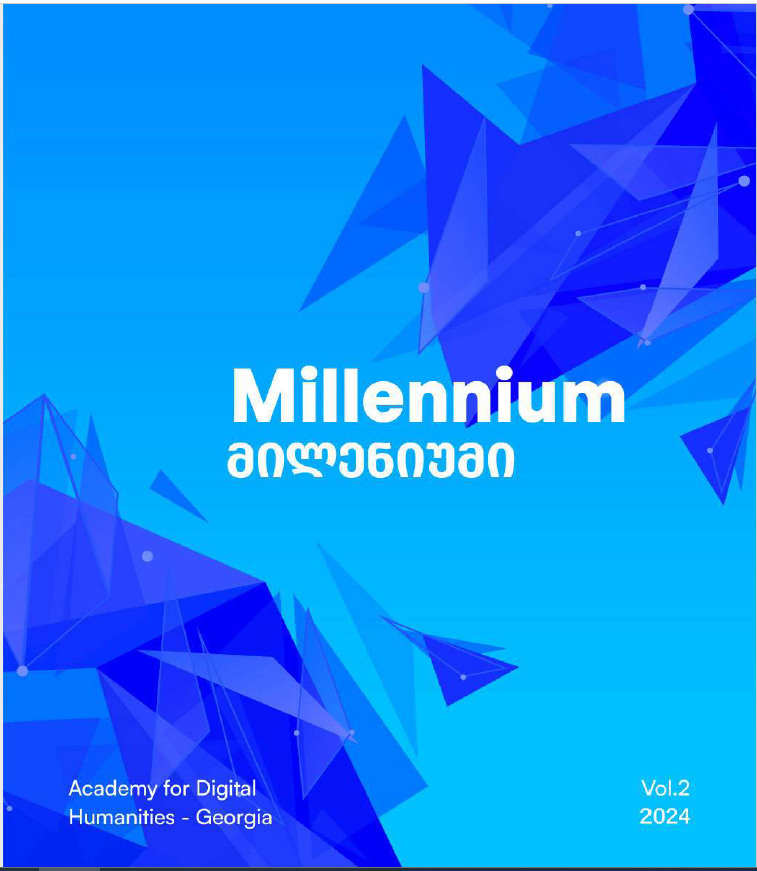Georgian Paleographic Fonts and their Role in Scientific Studies
Main Article Content
Abstract
This article examines the role and significance of Georgian paleographic fonts in both scientific and popular contexts. Paleographic fonts, which digitally reproduce historical writing, greatly contribute to the study of the history of writing and to adequately reflect it in digital technologies. The article discusses the challenges and advancements in creating Georgian paleographic fonts, focusing on the transition from traditional to digital formats and their implications for research and public usage. Georgian paleographic fonts, still an emerging field, are essential for the accurate representation of historical scripts like Asomtavruli, Nuskhuri, and Mkhedruli. These fonts serve dual purposes: aiding scholarly research by providing detailed, authentic representations of historical writing and enhancing popular culture through their application in modern media. The article highlights specific examples of Georgian paleographic fonts, detailing their development from manuscripts and their integration into contemporary digital systems. The discussion includes the benefits of digital paleographic fonts over traditional printed materials, such as their ability to incorporate extensive graphemes, ligatures, and historical punctuation. Additionally, these fonts facilitate dynamic representation and paleographic analysis of text, offering a new way of visualizing paleographic features and making them accessible for educational and scientific purposes. Overall, the article underscores the growing importance of digital paleographic fonts in preserving Georgian script heritage, advancing scholarly research, and promoting historical awareness. Future projects aim to expand the digital repository of these fonts, increasing their functionality.
